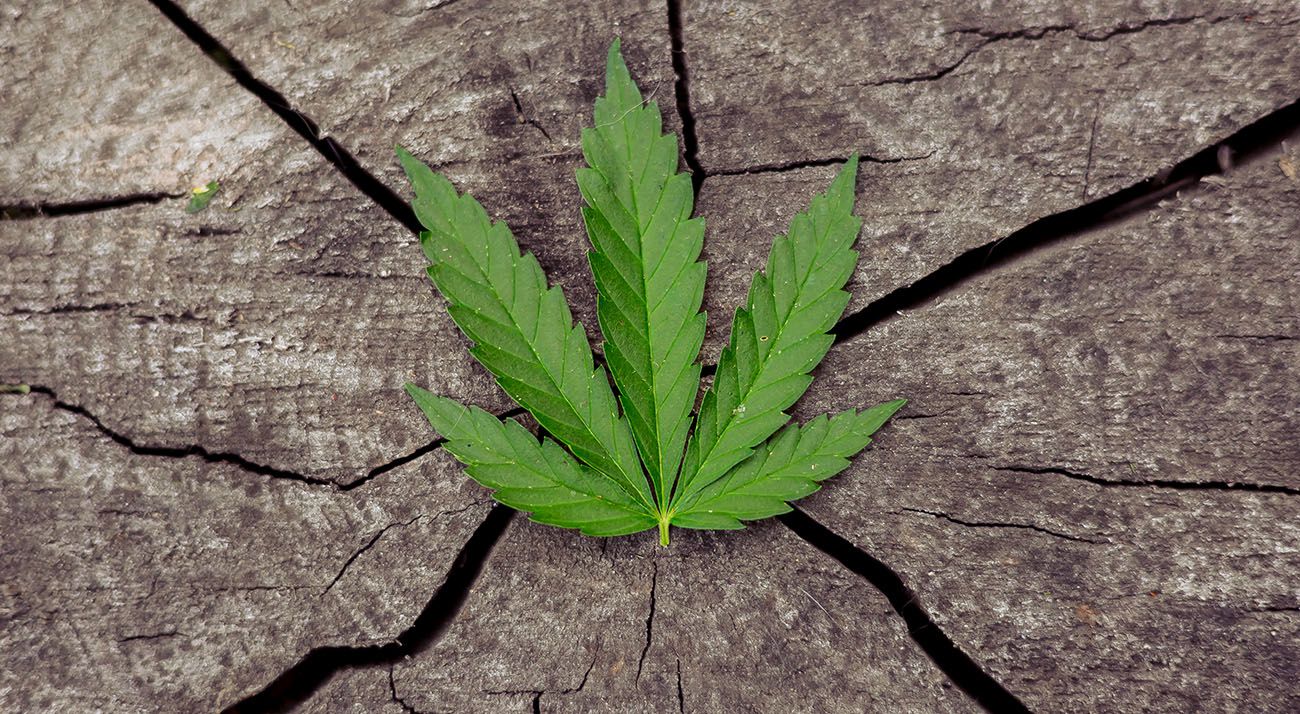Experts from Australia’s hemp industry believe the industry is becoming more mainstream, as the Australian government and citizens slowly realise the potential for hemp.
Hemp Farms Australia (HFA) is one of Australia’s largest industrial hemp genetics suppliers and have been at a forefront of Australia’s hemp industry since 2013. They cultivate hemp and provide education to other cannabis companies. HFA was founded by Harrisson Lee and Lauchlan Grout.
Grout was recently interviewed in a story for Queensland Country Life, where he argued that regulations are slowly developing as Australia’s hemp industry continues to grow.
The production of hemp for industrial purposes was permitted under changes to Australia’s Food Standards Code in 2017. Hemp is used in food products, beauty products, home goods, building, manufacturing and fabrics.
Grout believes that hemp is also a “key player” against climate change, as hemp is able to reduce carbon dioxide in the atmosphere (ie. it’s a carbon sequestrator). In 100 days, hemp is able to return the same amount of carbon to the soil than a 40-year-old tree plantation can in its lifetime.
However, Australia’s hemp industry still has a long way to go when it comes to educating Australians on the differences between medical cannabis and industrial hemp.
While medical cannabis is essential in healthcare, hemp has non-medical health benefits that should be celebrated separately. Hemp is a rich source of protein and fatty acids, making them an excellent food to add to your diet. Hemp may also aid digestion, improve eczema and reduce your risk of heart disease.
Industrial hemp can also be used in the manufacture of a range of products. This includes biodegradable plastics, insulation, batteries, building materials (like hempcrete), clothes and paper.
According to Grout, the demand for hemp grain and fibre in Australia is growing as more companies invest in hemp.
Working with industrial cannabis you’re not only helping people get access to a super useful plant, you’re also helping the environment.
Despite the steady growth of the industry, farmers still face heavy regulations and need a license before they can put their pot plants in the ground.








